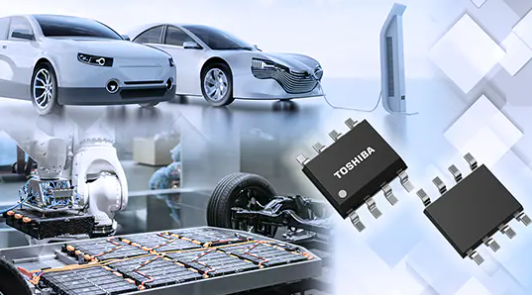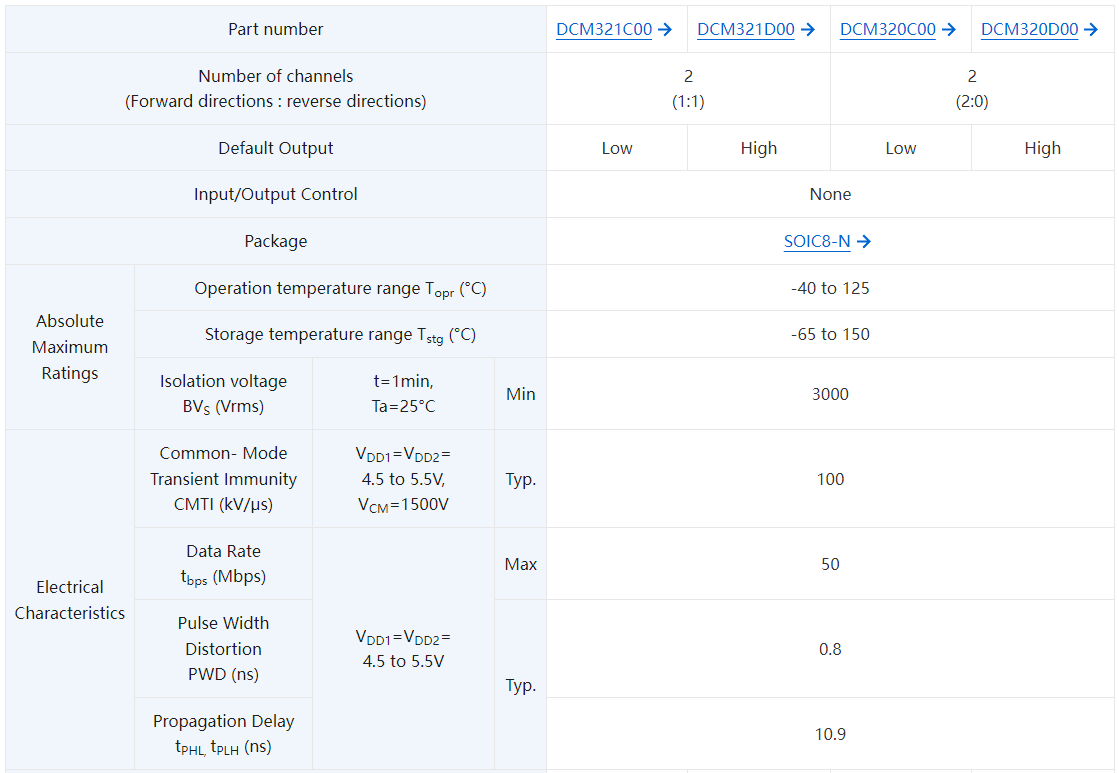Manufacturers
- Abracon
- Adam Tech
- Aerospace, Defense & Marine
- Agastat
- AIC
- AKM Semiconductor
- Alcoswitch
- Allegro
- Alps Electric
- Altera
- AMI Semiconductor
- AMP
- ams
- Analog Devices (ADI)
- Aptina Imaging
- Atmel
- Avago / Broadcom
- AVX
- Axicom
- Bccomponents
- Beyschlag
- BI Technologies
- Bourns Inc.
- Bowei Integrated Circuits
- Bridgelux
- Buchanan
- California Micro Devices
- Catalyst Semiconductor
- CGS
- Cirrus Logic
- Citizen Electronics
- CML Microcircuits
- Coiltronics
- Cooper Bussmann
- Corcom
- Core Logic
- Cree
- CSR PLC
- CTS
- Cypress Semiconductor
- Dale
- Data Image
- Deutsch
- Diodes Incorporated
- DOMINANT Opto Technologies
- E-T-A
- Eaton
- ECS
- Edison Opto
- Elcon
- EPCOS
- Epistar
- Epson
- Everlight Electronics
- Exar
- Fairchild Semiconductor
- FCI
- Freescale Semiconductor
- Fremont Micro Devices (FMD)
- Fujitsu Semiconductor
- Fulltech Electric
- General Semiconductor
- Harvatek
- Holsworthy
- Hsuan Mao Technology
- IDT
- Infineon Technologies
- Innolux
- International Rectifier (IR)
- Intersil
- IRC
- ISSI
- IXYS-IC
- Jing Cheng Electronical
- JL World
- Johanson Dielectrics
- Johanson Technology
- JRC / NJR
- JST
- KEC
- Kilovac
- Kingbright
- Kyocera Industrial Ceramics
- LEDiL
- Linear Technology / ADI
- Lite-On Technology
- Littelfuse
- Lumex
- Lumileds
- Luminary Micro
- Luminus Devices
- Macronix
- Maojwei / ZJPT
- Maxim Integrated
- MCC
- Mean Well Enterprises
- Microchip Technology
- Micron
- Microsemi
- Mini-Circuits
- Molex
- Murata Manufacturing
- Murata Power Solutions
- MWT
- National Semiconductor
- Nichicon
- Nippon Chemi-Con
- NJR / JRC
- NVE
- NXP Semiconductors
- OEG
- Omnivision
- ON Semiconductor
- Optek Technology
- Optrex
- OSRAM Opto Semiconductors
- OTAX
- Panasonic
- Peregrine(pSemi)
- Potter & Brumfield
- Power Integrations
- PowerStor
- Preci-Dip
- Prewell
- Products Unlimited
- Pulse Electronics
- PulseCore Semiconductor
- Qorvo
- Raychem
- Renesas Electronics
- RFMD
- Richtek Technology
- ROHM Semiconductor
- Rubycon
- Samsung Electro-Mechanics
- Samsung Semiconductor
- Schaffner
- Schrack
- Seiko Instruments, Inc. (SII)
- Semtech
- Sensata
- Seoul Semiconductor
- Sfernice
- Sharp Display
- Sharp Microelectronics
- Silicon Labs
- Siliconix
- Skyworks Solutions
- SoniCrest / JL World
- Spansion
- Sprague
- Stanley Electric
- STMicroelectronics
- Sunny Electronics
- Susumu (SSM)
- Taimag
- Taiyo Yuden
- TDK
- TDK-Lambda
- TE Connectivity
- Teccor
- Texas Instruments (TI)
- Thin Film
- Tianma Micro-electronics
- TOCOS
- TOKO
- Toshiba Electronic Components
- TT Electronics
- Tusonix
- TXC
- Tyntek
- Vishay
- Vishay Precision Group
- Vitramon
- Walsin Technology
- Weidmuller
- Welwyn
- Wickmann
- Winbond
- Xilinx
- Yageo
- Zetex Semiconductors
- ZJPT / Maojwei
News
Toshiba Releases 2-Channel Automotive Standard Digital Isolators Compliant with AEC-Q100
2025-06-24 | Return
KAWASAKI, Japan—Toshiba Electronic Devices & Storage Corporation ("Toshiba") has launched a line of 2-channel high-speed standard digital isolators for automotive applications. The new "DCM32xx00 Series” features four devices that support stable operation with high common-mode transient immunity (CMTI) of 100kV/μs (typ.)[1] and high data transmission rate of 50Mbps (max)[2]. All conform to the AEC-Q100 standard for the safety and reliability of automotive electronic components. Shipments start today.
The safety and reliability of on-board chargers (OBC) and battery management systems (BMS) in hybrid-electric vehicles (HEV) and electric vehicles (EV) require devices that ensure isolation and prevent noise-propagation. Automotive standard digital isolators provide solutions for the multi-channel high-speed communications and high CMTI these isolation devices require.
The new isolators use Toshiba's proprietary magnetic coupling type isolated transmission method to achieve a high CMTI of 100kV/μs (typ.). This delivers high level resistance to electric noise between input and output in isolated signal transmission, enables stable control signal transmission and contributes to stable equipment operation. A low-pulse-width distortion of 0.8ns (typ.)[2] and a data-transmission rate of 50Mbps (max)[2] are also achieved. The new products are suitable for 2-channel high-speed communication applications such as I/O interfaces with CAN[3] communications.
Toshiba already mass produces 4-channel automotive standard digital isolators, and has now extended its product lineup to 2-channel small SOIC8-N packages. Going forward, the company will expand its range of channels and packages for automotive and industrial equipment. It will continue to provide high-quality isolation devices and photocouplers that support the reliability and real-time data transmission required by automotive equipment.
Notes:
[1] Test conditions: VDD1=VDD2=4.5 to 5.5V, VCM=1500V, Topr=-40 to 125°C
[2] Test conditions: VDD1=VDD2=4.5 to 5.5V, Topr=-40 to 125°C
[3] CAN (Controller Area Network): A serial communications standard, primarily used for automotive communication networks.
Applications
Automotive equipment
* Battery management system (BMS)
* Automotive on-board charger (OBC)
* Inverter control
Features
* High common mode transient immunity: CMTI=100kV/μs (typ.)[1]
* High-speed data rate: tbps=50Mbps (max)[2]
* Low pulse width distortion: PWD=0.8ns (typ.)[2]
* 2-channel support (see Main Specifications for details on each device):
* One forward channel and one reverse channel; Two forward channels and no reverse channel
Main Specifications
(Unless otherwise specified, Topr=-40 to 125°C)

Source:https://toshiba.semicon-storage.com/





